I was giving some coaching to a very senior executive a little while ago, who was preparing to go before the board of a public company for an amazing job opportunity.
He was talking with great excitement about the fact that he had to be ‘on his game’ and to ‘know his stuff’.
Both good points and very important to make sure of – but as far as getting the job is concerned, he was focussing exclusively on the rational elements – his knowledge and his content.
So, here’s the thing…
If you want to stand out, to engage and inspire your audience – or ANY audience for that matter, you HAVE to reach their hearts as well as their minds.
People buy into things emotionally – they may justify their decision rationally, but the emotional part of the brain makes the decisions.
And what’s the best way of doing this?
A story – engagingly and relevantly – told can persuade even the most hardened and cynical mind.
Now, you may well be saying: ‘It’s all very well your talking about storytelling, but I’m not sure I’ve got any stories’.
So, let me help you out here with a great storytelling process: –
The S.E.L.L – a means of identifying and then decoding your own personal experiences into compelling material for your stories.
Ask yourself the following questions and make some notes, using the following technique for generating the stories from your life: –
Struggle – We have all been through the emotional mill, but at this stage, remember that a good story is all about the journey from status quo, through pain and struggle to enlightenment, so to begin with I want you to focus on the adversity you have had in your life thus far. Ask yourself: –
- What were the biggest lessons of my childhood/adolescence/adulthood?
- What do I remember about my rites of passage? (First time away from home//first kiss/school memories/learning to drive etc)
- What have my biggest challenges been growing up?
- What have the biggest challenges been in my work life?
- Where have I really struggled in my personal life?
Event – For every example that you have thought of there is always a specific challenge or memorable event associated with each.
So, let’s say for example that one of your conflicts was people ‘putting you down’ or trying to undermine you. It’s time for you to think about what the specific challenge, or event was in each of these situations. So, in the example mentioned above, it might be ‘on this one occasion, John stood up in the office and told everyone who would listen about my failure to….’
Try and think of the specific factors involved in each scenario from the first category you have thought of: – that’s the Struggle. The aim here, is to think of the specifics of the situation and what then happened during this critical point in the story.
Once you have generated several examples, go back over them and ask yourself the question – ‘why was that such a big moment?’ In other words, if we take the first one – ‘what are the biggest lessons of my childhood/adolescence/young adulthood?’, then ask yourself why these stories remain with you or come to mind so strongly. It’s the ‘why’ that is the interesting part. You may have had some fascinating scenarios, but unless you can explain why they resonate with you, leave them out.
Learning – This process, of finding the ‘why’ for each example, will really help you with the critical third element – the ‘Learning’, where you discover a new perspective or understanding from each scenario – in effect, this is the main reason why you are telling the story in the first place.
So, to be clear – ask yourself, “What did I learn from this memory? What was the lesson?” By doing this, you are highlighting not only the reason for the story, but also why they are relevant to what you are talking about.
Link – Lastly, and absolutely critical to the storyteller’s art is the ability to link the content of the story with the enlightenment and new beliefs held as a result of the experience.
So, start raising awareness of the stories that are happening around you, both to you and to others in your sphere that happen every single day, for exactly the same reasons as above. If you can gather stories that are current, topical and relevant to your subject, you are well on your way and ahead of most of the speakers, mentors and coaches I have seen and heard on my travels.
Lastly, Rehearse, rehearse, rehearse!
Think about the theatre for a moment. If anyone suggested the thought of putting on a play without rehearsals, he or she would be laughed out of the theatre. It’s inconceivable to think of not rehearsing a play and it should be the same with your speech or presentation.
There’s no excuse for not doing it and resonates with the old adage ‘when you fail to plan, you plan to fail’
For a more in-depth insight into a process for planning and preparing your presentations, why not take advantage of my Free Audience Solver® – a thorough planning template for any speech or presentation.
